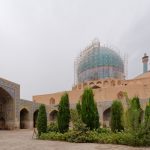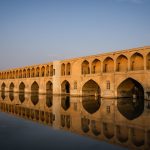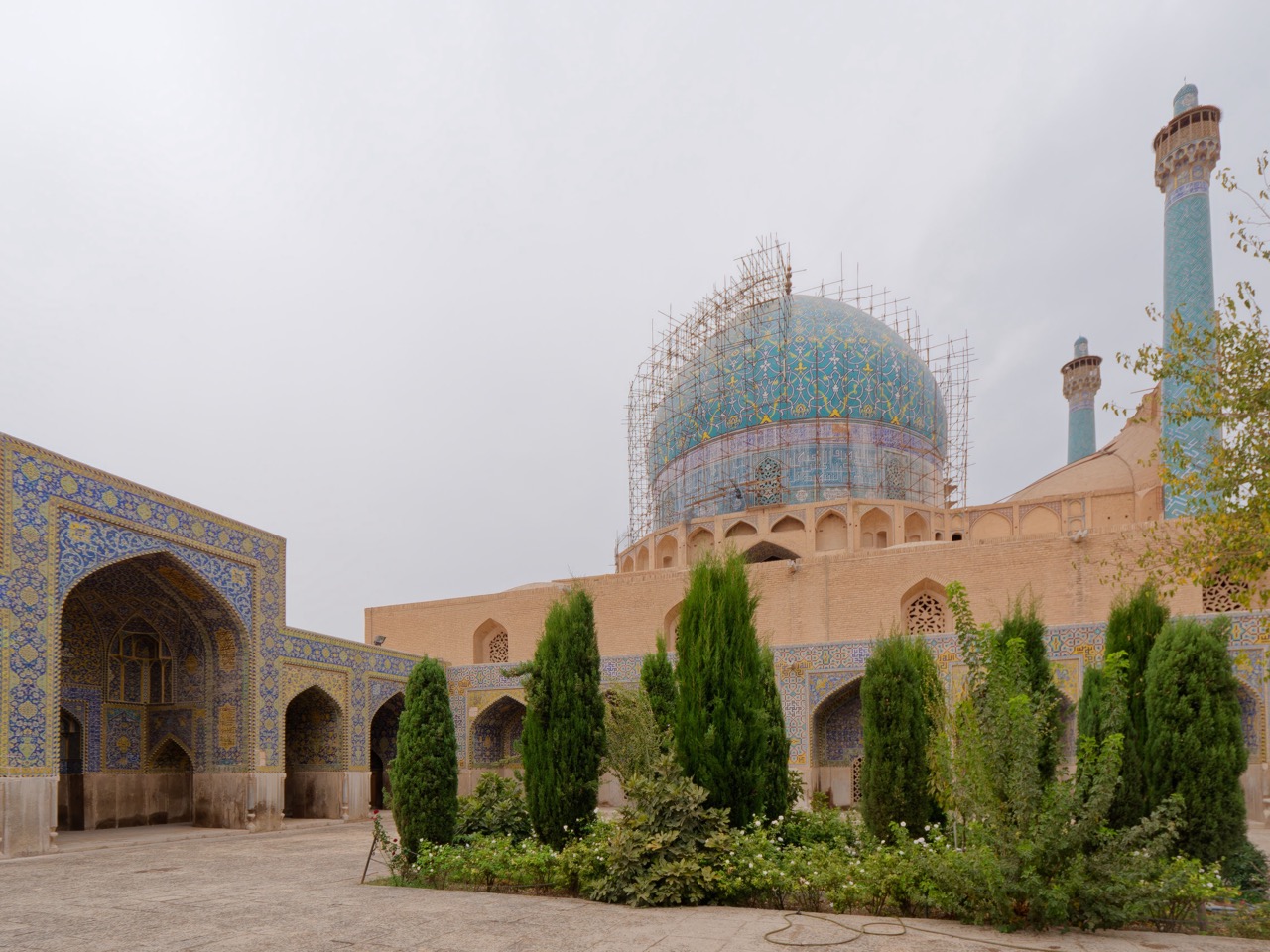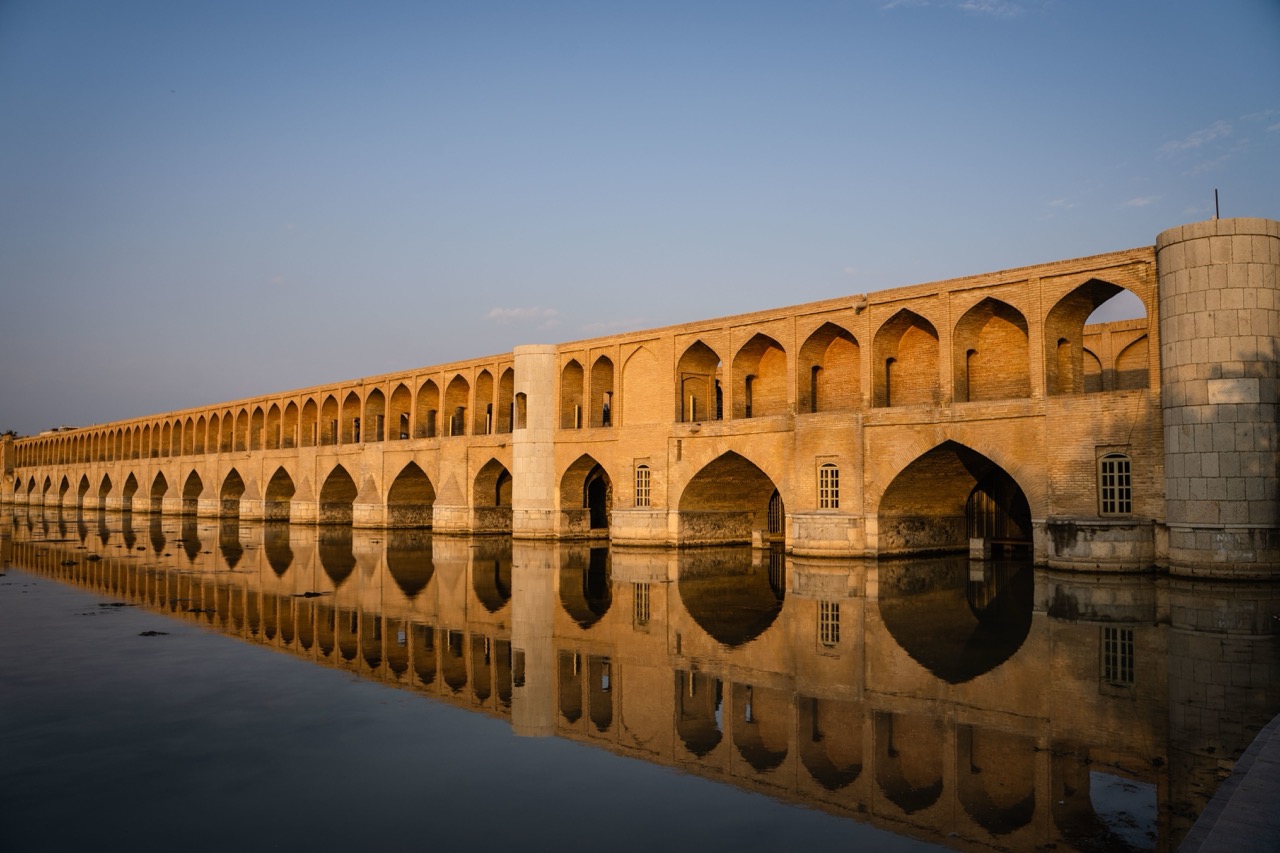The landscape of Persian cinema has undergone a remarkable transformation over the last decade, characterized by innovative storytelling, engaging narratives, and rich cultural themes. With a growing global audience and increased recognition at international film festivals, Persian filmmakers have established a prominent presence in the world of cinema. This article explores the evolution of Persian film in the past decade, highlights the key contributions of iconic directors, and examines the awards and recognitions they have received. Additionally, we look into the future trends in Persian cinema from the perspective of its visionary directors.
Exploring the Evolution of Persian Cinema in the Last Decade
The last decade has witnessed a renaissance in Persian cinema, driven by a wave of talented filmmakers who have pushed the boundaries of storytelling and cinematic language. This period has been marked by a surge in independent filmmaking and a willingness to tackle complex social issues, such as gender equality, cultural identity, and human rights. These themes are not only reflective of Iran’s sociopolitical landscape but also resonate with global audiences, allowing for a richer dialogue about shared human experiences.
Additionally, technological advancements have played a crucial role in the evolution of Persian cinema. Filmmakers have increasingly embraced digital platforms, enabling them to reach broader audiences both domestically and internationally. Streaming services and social media have provided new avenues for distribution and marketing, empowering directors to share their unique perspectives without the constraints of traditional cinema. This shift has catalyzed a new generation of filmmakers who utilize these platforms to amplify their voices and showcase the diversity of Persian narratives.
Furthermore, the last decade has seen an increase in collaboration between Persian filmmakers and international talents. Co-productions with foreign companies have not only enriched the storytelling in Persian films but have also facilitated the exchange of ideas and techniques. This collaborative spirit has led to the creation of visually stunning and thematically profound works that have garnered attention and acclaim on the global stage, solidifying Persian cinema’s reputation as a vibrant and essential contributor to world cinema.
Key Contributions of Iconic Directors to Persian Film
Prominent directors such as Asghar Farhadi, Jafar Panahi, and Bahman Ghobadi have significantly shaped the course of Persian cinema over the last decade. Asghar Farhadi, known for his intricate narratives and moral dilemmas, has continued to win accolades for his thought-provoking films such as "The Salesman" and "Everybody Knows." His ability to delve into the complexities of human relationships while reflecting the societal challenges in Iran has established him as a leading figure in contemporary cinema.
Jafar Panahi, despite facing governmental restrictions, has continued to produce compelling works that challenge the status quo. His films, like "Taxi" and "3 Faces," are notable for their unique blend of fiction and documentary styles. Panahi’s resilience and commitment to storytelling serve as a powerful testament to the unyielding spirit of Persian filmmakers, inspiring many to pursue their artistic vision in the face of adversity. His works often highlight the struggles of individuals within an oppressive system, making them not only relevant but also poignant.
Bahman Ghobadi, another influential figure, is renowned for his poignant portrayals of marginalized communities in Iran. His films, such as "No One Knows About Persian Cats" and "Rhino Season," explore the intersection of art and resistance, often focusing on musicians and artists who navigate a landscape fraught with censorship. Ghobadi’s contributions have not only elevated the presence of Persian cinema on the global stage but have also spotlighted the rich cultural tapestry of Iran, revealing the resilience and creativity of its people.
Notable Awards and Recognitions of Persian Directors
In recognition of their exceptional work, Persian directors have received numerous awards and accolades at prestigious film festivals over the last decade. Asghar Farhadi has been particularly lauded, winning the Academy Award for Best Foreign Language Film for "The Salesman" in 2017. This recognition not only solidified his status as a premier filmmaker but also brought international attention to the nuances of Persian cinema, allowing for a broader appreciation of its artistic merits.
Jafar Panahi has also garnered critical acclaim, receiving the Golden Bear at the Berlin International Film Festival for "Taxi" in 2015. His ability to navigate the complexities of Iranian society while creating engaging narratives has resonated with audiences and critics alike. Panahi’s work emphasizes the importance of storytelling as a form of resistance, and his awards validate the impact of his films in shedding light on social injustices.
In addition to Farhadi and Panahi, other Persian directors have also made their mark on the festival circuit. For instance, director Narges Abyar’s "The Last Fiction" received acclaim at various international film festivals, showcasing the diversity of perspectives within Persian cinema. The recognition of these directors not only highlights their artistic contributions but also emphasizes the growing global interest in Persian narratives, paving the way for future filmmakers to gain visibility and acclaim.
Future Trends in Persian Cinema: A Director’s Perspective
Looking ahead, Persian cinema is poised for further evolution, with directors expressing optimism about the future landscape of the industry. Many filmmakers anticipate a continued emphasis on independent storytelling, allowing for a broader range of voices and perspectives to emerge. The rise of digital platforms is expected to facilitate this shift, providing filmmakers with the tools to share their stories without the constraints imposed by traditional distribution channels.
Moreover, there is a growing trend towards collaboration among filmmakers, both within Iran and internationally. Directors are increasingly seeking partnerships that transcend borders, allowing them to create co-productions that reflect diverse cultural narratives. This collaborative spirit not only enhances the quality of storytelling but also fosters a sense of community among filmmakers, encouraging the exchange of ideas and techniques that can enrich the cinematic landscape.
Finally, many directors are committed to addressing contemporary social issues through their work. As the world grapples with challenges such as climate change, migration, and social inequality, Persian filmmakers are likely to explore these themes in their narratives. By reflecting on these pressing global concerns through a Persian lens, directors can contribute to a broader discourse that resonates with audiences worldwide, ensuring that Persian cinema remains relevant and impactful in the years to come.
The last decade has proven to be a pivotal period for Persian cinema, driven by the creativity and resilience of its directors. Asghar Farhadi, Jafar Panahi, and Bahman Ghobadi, among others, have not only enriched the cinematic landscape with their distinctive narratives but have also garnered international recognition for their artistic contributions. As Persian cinema continues to evolve, it is set to embrace new opportunities for storytelling that reflect the complexities of modern life. The future holds promise for a vibrant tapestry of voices, paving the way for the next generation of filmmakers to showcase the richness of Persian culture on the global stage.










